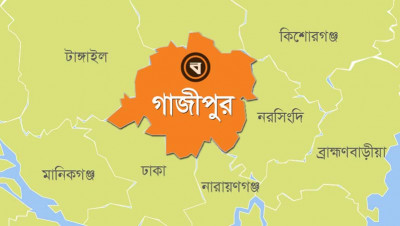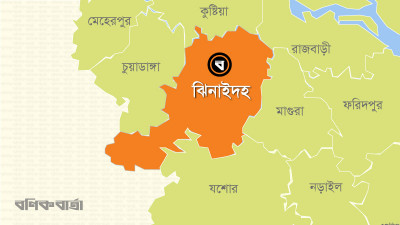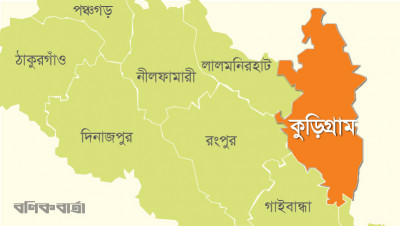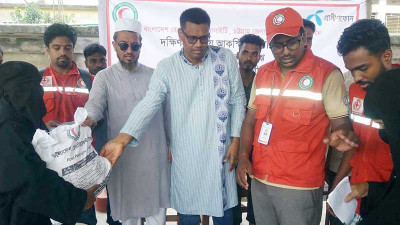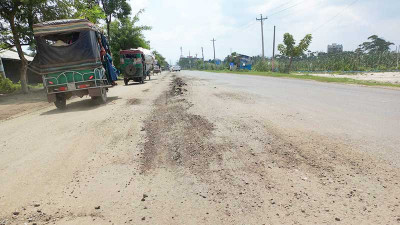The lives of farmers in Bangladesh’s Char and Haor regions are
changing for better after adopting improved agricultural practices, studies
have indicated.
USAID’s Strengthening Household Ability to Respond to
Development Opportunities (SHOUHARDO) III Plus Activity of CARE Bangladesh has
researched five agricultural practices on which they worked in 8 districts of
the Char and Haor regions, said a CARE Bangladesh news release on Monday.
To disseminate the findings, an event titled ‘Improved
Agricultural Practices in Char and Haor and What More to Do’ was jointly hosted
by USAID’s Strengthening Household Ability to Respond to Development
Opportunities (SHOUHARDO) III Plus Activity of CARE Bangladesh and Bangabandhu
Sheikh Mujibur Rahman Agricultural University (BSMRAU), Gazipur, at the BSMRAU
campus.
Agriculture is vital for people's livelihood and employment
and contributes to GDP, the seminar heard. However, the contribution of
agriculture has reduced over the last decade (17% to 11.22% in 2020). NGOs are
working as catalysts to support the government, especially in disseminating
knowledge of improved agricultural techniques.
At the event, the speakers discussed how improved
agricultural practices enabled the poor and extremely poor people to improve
their livelihoods and to what extent.
Guest of Honor at the event, Professor Tofayel Ahamed,
Treasurer, BSMRAU, said, “We at BSMRAU want to work with CARE Bangladesh in the
future and collaborate for a better future for development, especially for
agriculture.”
A panel discussion addressed the government's actions,
inputs from academia and other agents, and the existing gaps.
Stressing the importance of collaboration for a SMART
Bangladesh at the peak of climate-associated vulnerabilities, Ramesh Singh,
Country Director of CARE Bangladesh, said, “It is important to collect and
curate all the good practices. This collaboration of research and action
between NGO and Academia is very important.”
In a time of dire need for adaptation in agricultural
practices, Marc Nosbach, the Chief of Party, SHOUHARDO III Plus, CARE
Bangladesh, urged everyone to “act now for climate change and address the
climate crises; we need to work jointly to make adaptation quicker.”
Climate change affects all agricultural practices worldwide,
and Bangladesh is no exception. Research organizations in Bangladesh, including
the Universities, are working continuously to bring new and improved varieties
of crops to combat climatic effects like drought, cold, and salinity. The
attendees also discussed the specific varieties and techniques used in the char
and haor regions for tackling these issues.
The lead Panelist, Professor Dr. Md. Rafiqul Islam, BSMRAU,
mentioned, “Agricultural technology could not be adapted as a standalone
object; it must match the environmental and climatic conditions.”
Chair of the Event, Professor Dr. Md. Abiar Rahman, Director
(Research), BSMRAU, said, “We especially thank CARE Bangladesh for organizing
the event here. We have to find more opportunities to work with development
organizations like CARE. We must identify the needs of the farmers so the right
intervention can be taken.”
The researcher, Dr. Faisal Kabir, brought attention on how
SHOUHARDO III Plus Activity worked to disseminate the knowledge of improved
agricultural practices among the uninformed poor and extremely poor of the Char
and Haor regions. He has shown transformative changes in five agricultural
practices (Adaptive rice varieties, homestead gardening, cattle farming/loft
goat rearing, hatching basket, and hand pollination) and income increase.
A wide array of participants attended this event, including
Agricultural University Academia, graduate students, high officials from the
Department of Agricultural Extension, representatives from CARE Bangladesh, and
others.

